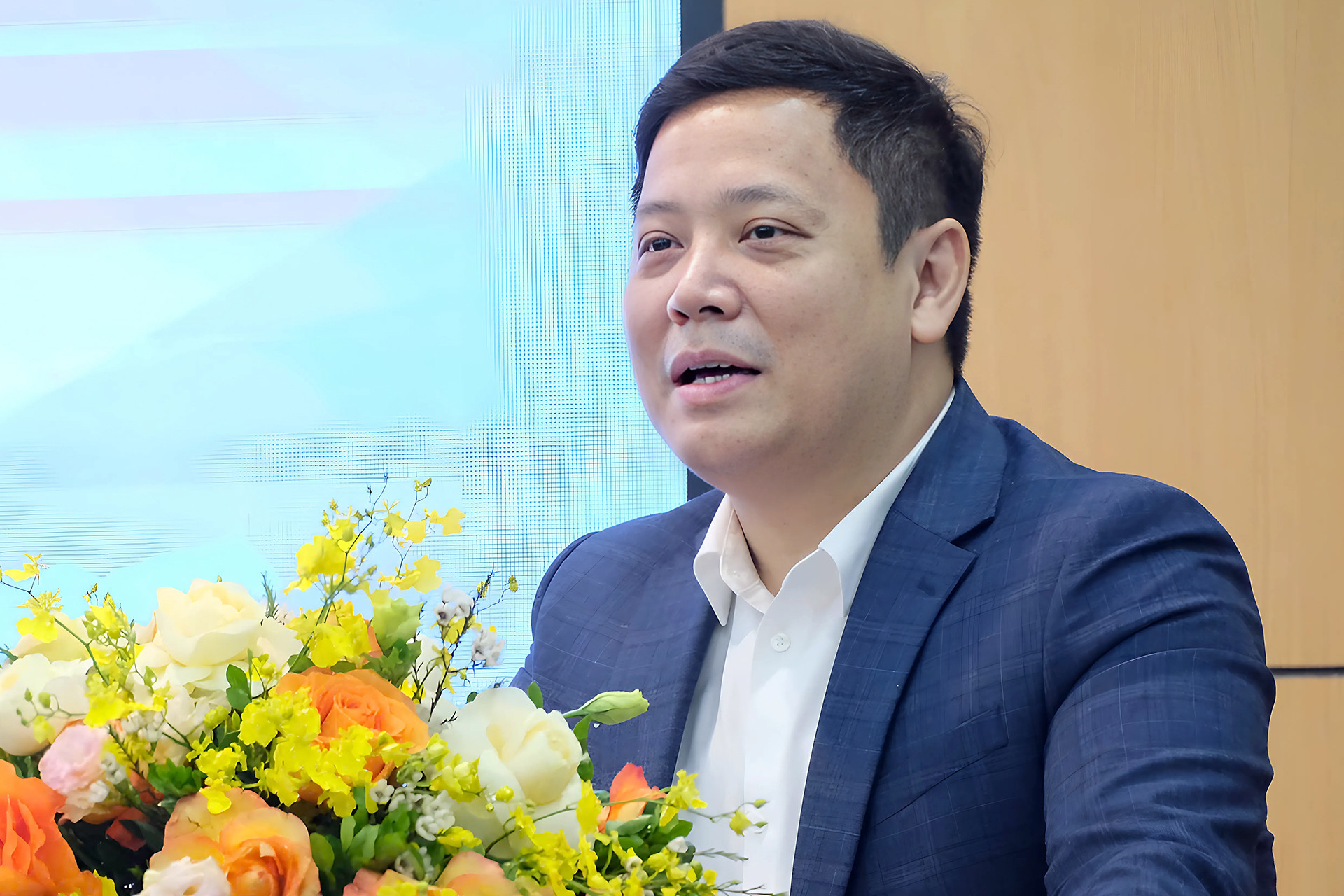
Building a child’s future beyond scores was a theme of a presentation by Le Anh Vinh, head of the Vietnam Institute of Education Science, at the seminar “Raising Vietnamese Children with a Pressure-Free Childhood” held several days ago.
According to Vinh, the proportion of Vietnamese children facing mental health challenges is increasing. This pressure not only can be found in higher gradess but also in primary and middle school students. A report found that many students study over 10 hours a day, resulting in less than 8 hours of sleep nightly.
That is why the Ministry of Education and Training (MOET) has made significant changes to student assessment methods in recent years to reduce pressure on students. One of the major changes is not assessing students based on scores.
Vinh conducted a study on evaluating students’ academic performance, dividing them into three groups: “graded only,” “graded with comments,” and “comments from teachers only.”
The survey found that the “graded only” and “graded with comments” groups showed little improvement, while the “comments only” group demonstrated significant progress. The finding might surprise many people.
“The group with both grades and comments didn’t perform better than the comments-only group because once grades are given, no one pays attention to the comments or the core issues affecting the students. So, grades aren’t everything,” he said.
Professor Vinh believes that primary education is a foundational stage for shaping a child’s character, personality, and attitude—not for cramming knowledge or chasing as many achievements as possible. However, adults often feel pressured to see tangible results, and the easiest way to measure that is through grades and competition results.
“Many parents tend to set overly high goals for their kids, thinking that achieving all 10s, winning math or English awards, or becoming a champion reflects high expectations. But if that’s considered the ultimate goal of education, especially in primary school, I think it’s a low expectation,” Vinh said.
“A high expectation for a child is to grow up confident, with the best foundation to walk a long journey, not to sprint as fast as possible in their first steps,” he said.
International studies have also proved that students will have greater motivation to learn, and have better attitudes and abilities for independence and strategic thinking when teachers don’t obsess them with grades.
Surveys also found that when teachers emphasize learning for knowledge rather than for test performance, their students also become more analytical.
“Go into the exam room with your love for Math”
With 10 years of experience leading Vietnam’s team to the International Mathematical Olympiad, Professor Le Anh Vinh recalls a memorable story about one student from a team he coached. The night before the Olympiad, he often took the students out to eat or chat at a café. One student, visibly stressed, said to him: “Only in two more days, I won’t have to take a math test anymore.”
He noted that this statement would be typical if it came from an average student, but this was one of the six members of Vietnam’s International Math Olympiad team.
“That comment showed how much pressure that student was under. I told him, ‘I don’t have any KPIs about doing better than last year. Personally, I’m not under pressure, and your parents are already proud of you just for getting here. So, for the next two days, go into the exam room with the most relaxed mindset, like a primary school student, with as much love for math as you can muster. These are the six most beautiful, exciting problems of your student life,’” Professor Vinh recalled.
That student has since successfully defended a PhD dissertation at a top university in the US. According to Professor Vinh, relieving pressure for students is incredibly important.
“The destination of a competition is just a tiny part. Whether that student becomes a champion or not is also a small thing. What matters far more is the journey we take and how we take it—that’s the most important thing,” he said.
Thuy Nga